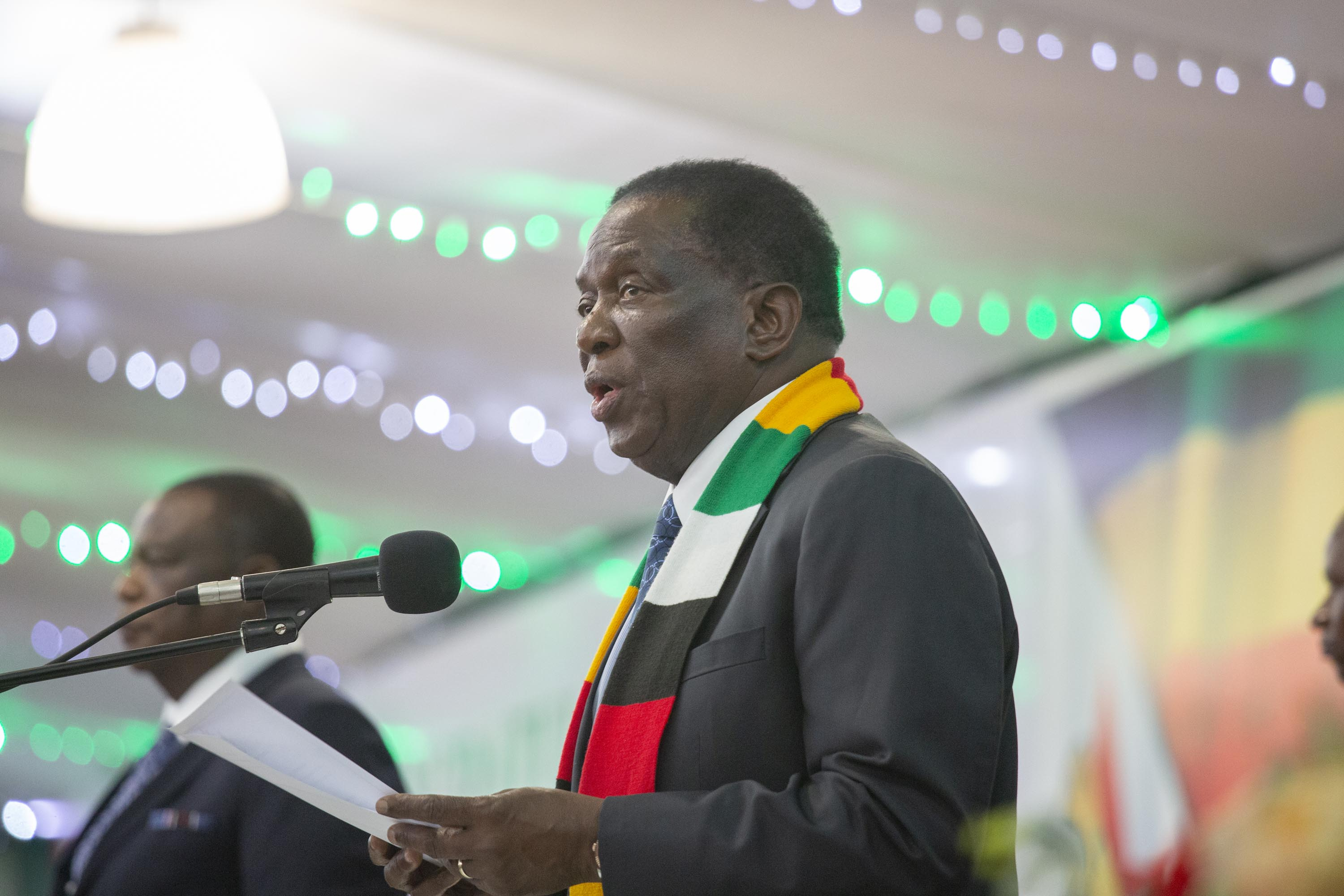The IPI global network calls on the newly elected government of Zimbabwe to demonstrate its commitment to safeguarding democracy and access to information by prioritizing press freedom and the safety of journalists. We urge the government to take concrete steps to ensure that journalists can work freely and independently, including by ensuring accreditation and registration requirements for journalists are in line with international standards.
On September 12, cabinet ministers under the second and constitutionally last mandate of President Emmerson Mnangagwa were sworn in, following the August 23 general elections. While the election was considered generally peaceful, regional and international election observers have expressed their concerns about the election process, its transparency, and its credibility.
The Zimbabwean government also adopted the controversial ‘Patriot Act’ in July, which was criticized for undermining free expression and risking an atmosphere of fear and self-censorship. IPI monitoring also documented press freedom threats and violations in the run-up to and during the election.
Journalists barred from election coverage
Several journalists were denied accreditation to cover the recent elections, including Felix Dlangamandla, a journalist with Daily Maverick in South Africa. Journalists from the Voice of America and ARD of Germany were also prevented from entering the country to cover the elections, according to our monitoring information.
Other foreign journalists who were allowed to enter the country faced multiple challenges and restrictions. For instance, journalists with the Nation Media Group in Kenya were stopped at the airport, despite being accredited, where authorities seized their equipment. The authorities demanded the journalists pay a deposit equivalent to half the purchasing price of the broadcasting equipment. The journalist did not pay that deposit but when they returned to the airport, they were made to pay a ‘’storage fee’’ and another ‘’surcharge fee’’ for the confiscated work equipment, which processes resulted in them missing their return flight.
Local journalists also faced restrictions. Three journalists were denied access when they visited one of the polling stations. According to the Media Institute of Southern Africa (MISA) chapter in Zimbabwe, Garikai Mafirakureva, Ellen Mlabo, and their photographer, working with the newspaper Masvingo Mirror in Masvingo, were reportedly denied access on August 22 and 23 to polling stations despite producing proof of their accreditation by the Zimbabwe Electoral Commission (ZEC) and Zimbabwe Media Commission (ZMC).
In addition to the challenges faced by private foreign and local news outlets, local media watchdogs also criticized the role played by Zimbabwe’s state media.
‘’The public media failed in its role of being neutral and apolitical, as dictated by the Constitution. They conducted themselves more like an appendage of Zanu PF, the ruling party,” Mduduzi Mathuthu, editor of the online news website ZimLive, told IPI. ‘
On the eve of the elections, reports indicated that there was also a downgrade in the internet speed with limited access to mobile telephone services and internet service providers’ networks. However, it was not clear whether this was an intentional attempt by the authorities to disrupt the internet.
Restrictive and cumbersome accreditation prevents access to information.
Both local and foreign journalists faced cumbersome administrative procedures in order to obtain the necessary accreditation to cover the elections. The Electoral Commissions Forum of SADC Countries (ECF) and the Commonwealth Observer Group (COG) highlighted the issue of dual accreditation of the media – which requires journalists to be accredited by both the Zimbabwe Media Commission and the Zimbabwe Electoral Commission – as an impediment to the media’s capacity to cover the election.
“Critical and independent media play a pivotal role in fostering democracy, rule of law, and accountable governance,” IPI Africa Programme Officer Edzodzi Ahiadou, said. “As Minister Jenfan Muswere starts his new term, we urge his Ministry to prioritize press freedom and to ensure the government upholds the rights to media freedom, freedom of expression, and access to information, as guaranteed in the Zimbabwean constitution.”
He added: “As a concrete first step, the government should work closely with domestic and international stakeholders to revise the current accreditation regime in line with international standards, and to ensure that such requirements are not used to thwart or undermine the right of journalists to cover events – and to undermine the public’s right to know.
IPI recently published a toolkit on national, regional, and global frameworks for the protection of press freedom in Zimbabwe, a resource that highlights Zimbabwe’s commitments and obligations towards media freedom, freedom of expression, and access to information.
